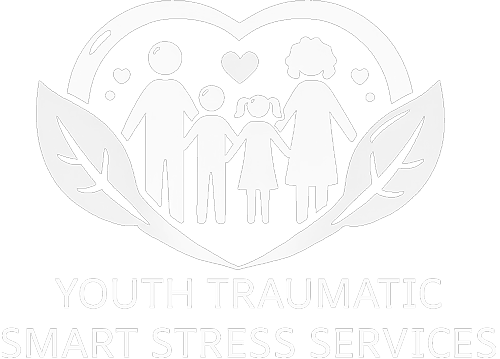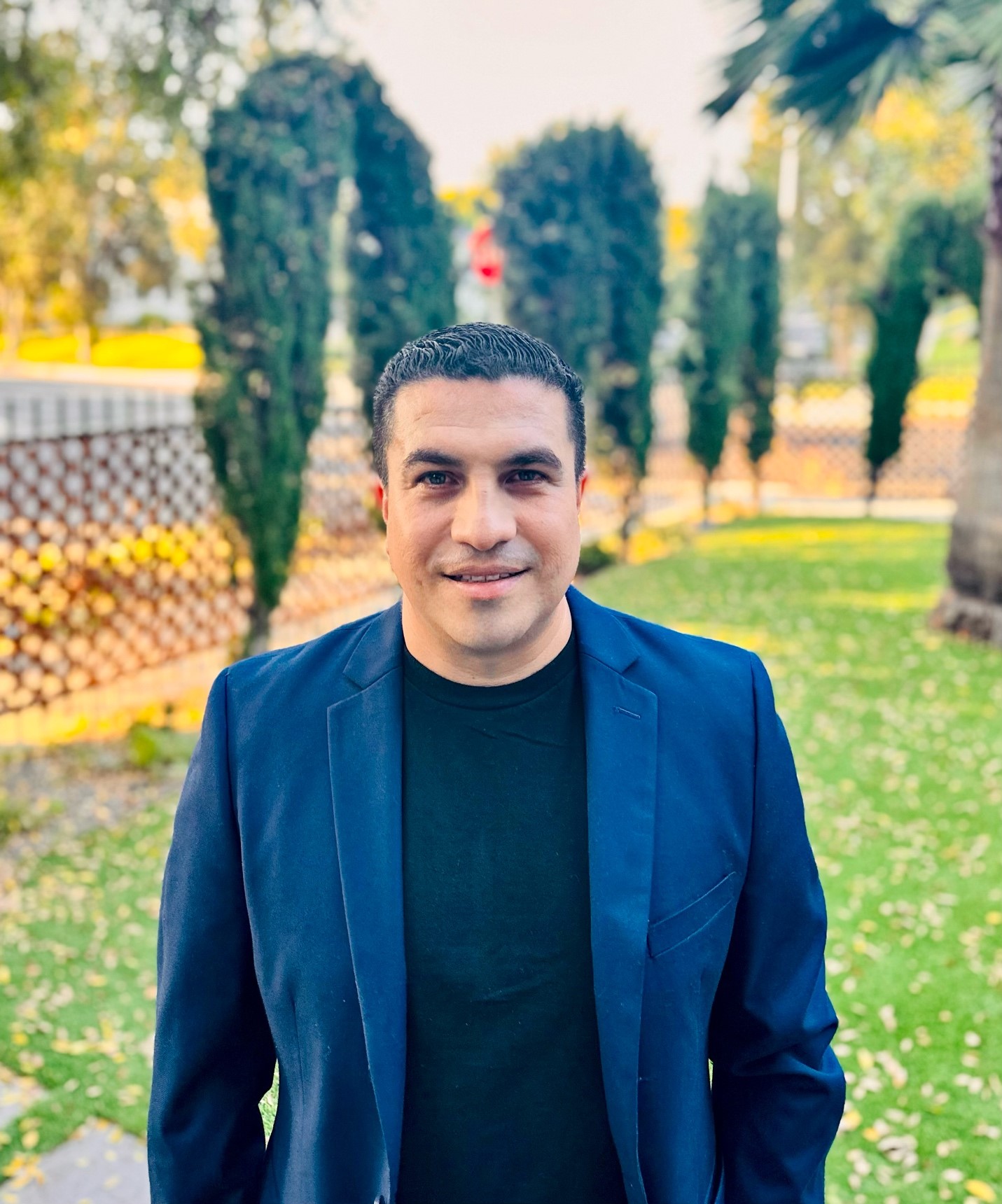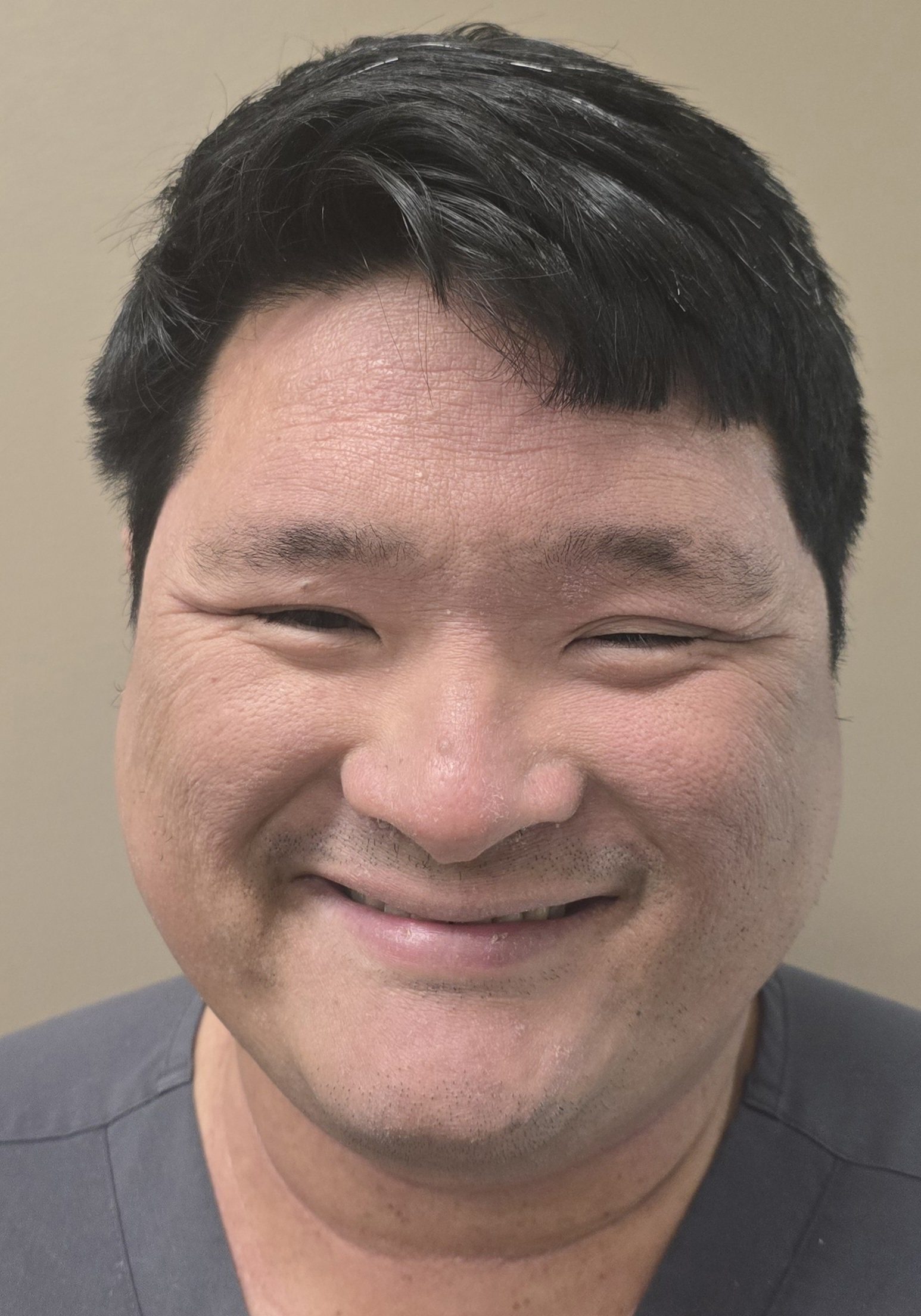Grief-Enhanced Trauma-Informed Care Process model(GTC)
Grief-Enhanced Trauma-Informed Care Process model(GTC)
Grief-Enhanced Trauma-Informed Care Process model(GTC)
Grief-Enhanced Trauma-Informed Care Process model(GTC)
Our Grief-Enhanced Trauma-Informed Care Process Model is designed to provide a thorough evaluation of individuals for traumatic stress and bereavement symptoms, protective factors, functional levels and wellbeing. We not only addresses the immediate needs of those experiencing trauma and grief but also prepares individuals to handle future challenges. The Grief-Enhanced Trauma Informed Care Process Model(GTC) builds on the traditional Care Process Model(CPM) by addressing the complex interplay of grief and bereavement with trauma. This model focuses on and emphasizes key interventions such as purpose, meaning, resilience, self compassion, and positive coping skills in addition to the traditional Care Process Model that focuses solely on stratification for PTSD and suicidality screening. When patients utilize these assessment tools and the GTC Model, they can establish a baseline for their symptoms and follow a road map of care to address their specific symptoms. By focusing specifically on children and adolescents, our model addresses a critical period in child development and provides tools for patients and their families to develop post traumatic growth.
Our comprehensive approach and groundbreaking Grief-Enhanced Trauma-Informed Care Process Model (GTC) is designed to provide a thorough evaluation of Youth at risk for traumatic stress disorders. This includes evaluating traumatic stress and maladaptive bereavement symptoms, protective factors, socioeconomic support, functional levels and overall wellbeing. GTC is a unique, evidence-based framework that goes beyond traditional traumatic stress care by integrating a specialized focus on the multidimensional theory of traumatic stress & grief, positive biopsychosocial characteristics, social interaction and engagement, self-regulation flexibility, repertoire, related physiological and psychoneuroimmunology components of traumatic stress disorders. The mind and body are deeply connected, and traumatic stress & maladaptive bereavement have measurable psychiatric and biological effects that are traditionally overlooked with standard approaches to trauma and grief. Through GTC we not only measure the psychological aspects of mental health but go beyond that by looking at biomarkers to evaluate how trauma and bereavement also manifest in biological and physiological changes. GTC focuses on rebalancing both psychological and physiological health by ensuring that treatment addresses both mental and physical wellbeing. Unlike conventional models that primarily assess trauma and PTSD symptoms, the GTC Model takes a holistic approach by evaluating six key aspects of a young person’s mental health and overall functioning. This allows us to understand each youth’s specific circumstances and needs in order to provide them with the best tailored care and resources.
Our Screening Process Involves Assessing 6 Key Aspects:
1. PTSD Symptoms
2. Bereavement Symptoms
3. Functional Level Impairment
4. Self-Regulation Flexibility
5. Socioeconomic Repertoire
6. Psychosocial Characteristics
We are committed to enhancing the mental health safety net and ensuring that all children have access to affordable mental health services. Our intervention process involves the following steps:
2.Stratification into symptom severity Trauma and grief are a range. We want to provide the best possible resources for your specific circumstances, and therefore each participant will receive a targeted approach based on your self report.
3.Intervention. You will find access to online webinar, psychoeducation modules, and (if applicable) group therapy and clinical trials to enhance positive coping skills and resilience and decrease the symptom severity of PTSD and grief.
You will receive follow up questionnaires in your email and patient portal throughout this study. We want to ensure you are receiving access to the best possible resources when you need it. We want to know if symptoms change and adjust your care accordingly. We believe in a longitudinal, holistic approach that is most effective with consistent follow up care.
Click Here To Learn More In Detail About Our GTC Model and Stratification of Levels of Care









